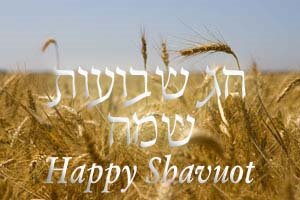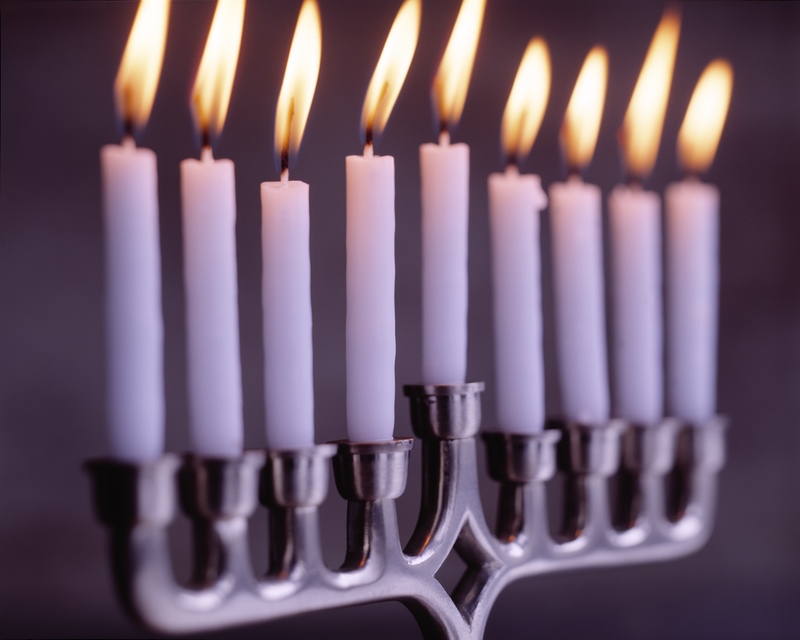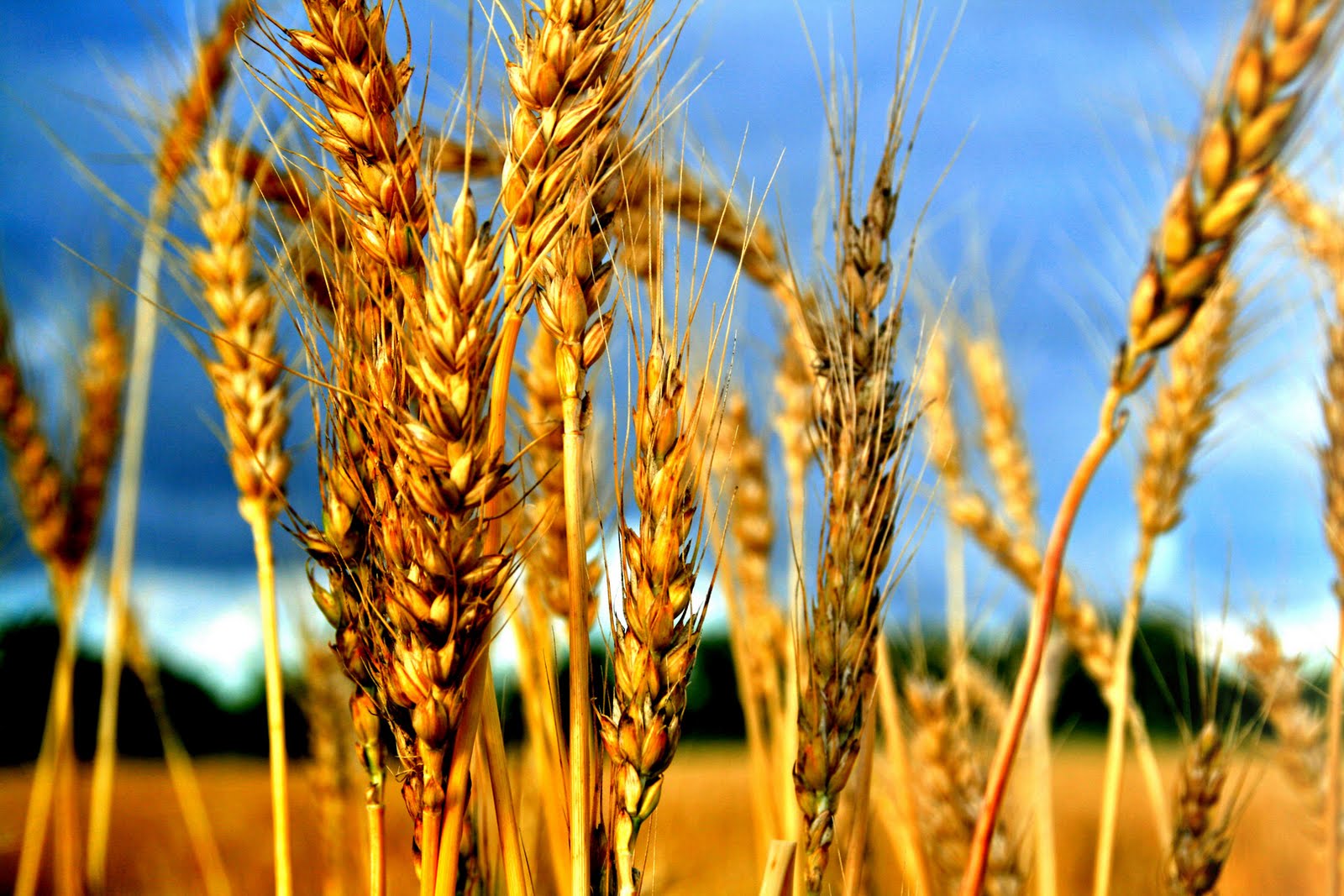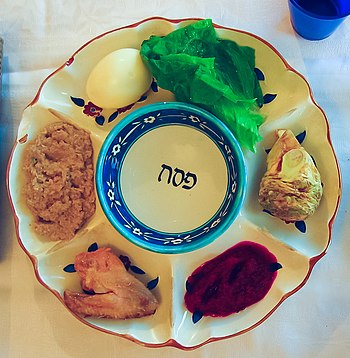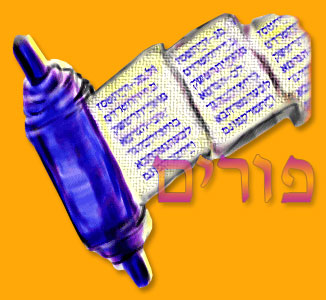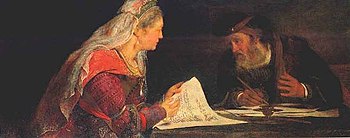Dr. Ben R. Alpert
Click to jump to the desired section:
Night 1
Night 2
Night 3
Night 4
Night 5
Night 6
Night 7
Night 8
Chanukah Prayers
Night 1
On the first night share the story of Chanukah and of G-d’s miraculous intervention on behalf of His people during the critical days of the Maccabean revolt. Help your family grasp the continuing importance of rededication and renewal in the lives of those who love G-d.
The shamash or servant candle my now be lit, and with it, the first candle. (On each succeeding night, the servant’s candle will be lit first, and then used to light the others- on the first night, the first candle, on the second night, the first and second, and so on.)
This remarkable season invites all believers to focus on Yeshua as the Light of the World. The following devotions – one for each night of Chanukah – are designed for use during special family times… to initiate discussions that will lead you to a greater understanding of the Good news of the Messiah.
*The shamash, the servant candle of the chanukiah (Chanukah menorah), “serves” by lighting the rest of the candles.
The Servant Candle
“…but whoever desires to become great among you, let him be your servant.”
Read: Matthew 20:26
It is in keeping with the teachings of the Messiah that the ninth candle – the Shamash – should be lit first, with a match, and then used to light all the others. Yeshua (Jesus) repeatedly told His disciples He had come as a servant, and even in the last hours of His life, He took the role of servant to minister to these, His friends and followers (John 13:1-5). He thus fulfilled the prophecies of the Old Testament (Isaiah 53) and set an example for us that we should follow (John 13:14).
Let us commit ourselves, during these holy days, to a new spirit of selfless service…sharing the light of salvation with each life we touch.
The One True G-d
“Hear; O Israel: the Lord our G-d, the Lord is one!”
Read: Deuteronomy 6:4-5
The Shema (“hear”) is the most important Scripture in the First Covenant – the proclamation of the unique Person of G-d. Because He is the only G-d, He wants, requires, and deserves the first place in every area of our lives. The singular character and single redemptive purpose of the Holy G-d should bring us to worship Him in all that we do, and to commit our lives to Him.
As you pray tonight, praise G-d for His unique character and commit yourself anew to give Him your first attention and fullest devotion.
Night 2
Unity
“…that they may be one just as We are one…”
Read: John 17:20-26
Yeshua’s’ great prayer in the Garden on the eve of His death was an aching cry of His heart for the unity of G-d and man. The bringing together of a Holy G-d and sinful mankind was the redemptive purpose for which the Messiah came…and for which He died. It is the purpose for which we, too, live and die… that the Messiah might use us to awaken a lost world – and especially His chosen people – to their need to be reconciled with G-d.
As you pray tonight, praise G-d for uniting your spirit with Him, and ask Him to use you to bring lost souls to Him.
Night 3
Tri-Unity
“…one G-d and Father of all, who is above all, and through all, and in you all.”
Read: Matthew 3:13-17, Ephesians 4:1-6
G-d is tri-unity – three expressions of one unique, dynamic character. He is Creator, Redeemer, and Comforter… Father, Son and Spirit. The Lord is One-and yet, through the great mystery of these three Holy expressions, He ministers truth and grace and power to those who have given their lives to Him. He calls us, too, to be holy and complete…uniting spirit, soul and body to love and serve Him.
(I Thessalonians 5:23)
As you pray tonight, praise G-d for expressing His love in three separate, yet singular ways, and ask Him to fire you with the desire to unite your whole self in devotion and service for Him.
Night 4
Judgment
“…for all have sinned and come short of the glory of G-d.”
Read: Romans 3:21-26
The light of salvation, as seen through Yeshua, the Light of the World, has meaning only for those who realize that they are lost in darkness. Each of us must come to terms with the fact that we have betrayed G-d…through things we have done but shouldn’t have, and through things we should have done, but didn’t.
Our betrayal of what we know to be right has left us in spiritual darkness… and yearning for the light that will show us the way back to “the Father of lights” (James 1:17). The Messiah came to be that light, and He invites us to live in that light, too. Those who refuse – who choose to continue in darkness and confusion – are doomed to destruction.
As you pray tonight, praise G-d for bringing the light of Truth into your life. And ask Him to help you light the way for people all around who are still groping in dark spiritual confusion.
Night 5
The Grace of G-d
“For by grace have you been saved by faith and that not of yourselves…”
Read: Ephesians 2:8-9
The value of a gift is measured in many ways – by how much it costs…by how personal it is… by how much love went into the giving…by the feelings that gift stirs in our hearts.
G-d’s gift of salvation to us is inexpressibly precious. It cost G-d His only Son…and Yeshua His life. It offers to each of us a unique and personal relationship with God Himself… a gift offered through His unimaginable love. Recognizing and accepting that gift is a deeply humbling experience – one that should bring us to G-d in worship, and then to our feet with an eager desire to share it.
As you pray tonight, praise G-d for His priceless gift of salvation… and ask Him to give you a sense of wonder as you proclaim His gift to others.
Night 6
Creation
“O Lord, our Lord, how excellent is Your name in all the earth!”
Read: Psalm 8, Genesis 2
G-d created man on the sixth day, “in His own image”. This was the culmination of the fantastic creation of all nature – plants and animals, mountains and seas, skies and planets, and the deep places of the earth. G-d invested this final creation with a semblance of His own nature… and the unique capacity to relate consciously, deliberately to Him in faith and love. He breathed into us “the breath of life” (Genesis 2:7) – and the capacity to choose our own eternal destiny.
As you pray tonight, praise G-d for the glory of His creation…for some special aspect of nature that is particularly precious to you. And ask Him to grant you the wisdom to choose wisely as you live for Him.
Night 7
Completion and Rest
“He rested from all His work which G-d had created and made.”
Read: Genesis 2
In the Bible, seven is a number for completion – for G-d’s finishing touch on His magnificent work of creation. After the work, G-d rested… and it is good to know, in these days of high stress and seemingly endless activity, that He expects us to rest too, “…for He gives His beloved sleep” (Psalm 127:2). In the power of Yeshua, He gives us the strength to accomplish all the tasks He sets before us – and the command, on the Sabbath, to take a break.
As you pray tonight, thank G-d for providing you with challenges, and with strength to meet them … and ask Him to give you a special spirit of rest.
Night 8
A New Beginning
“… if anyone is in Messiah, he is a new creation…”
Read: II Corinthians 5: 12-21
Through the grace of G-d, endings are always beginnings for believers. The end of sin is the beginning of righteousness… the end of guilt is the beginning of freedom …the end of fear is the beginning of love. Yeshua asks us to let our lives end – to lay to rest our will to do what we want, when we want, the way we want – so that His will can begin new within us. In exchange, He promises an ultimate end to all that has meant frustration and fear and dissatisfaction … and a new birth of hope, of faith, of love in our hearts.
As you pray tonight, in the glow of all the candles of the chanukiah, dedicate yourself anew to Yeshua. Place in His scarred hands the joys and troubles and memories of the past – and let Him give you the promise and the possibilities, and the power of His presence in the new days ahead.
CHANUKAH PRAYERS
MESSIANIC CHANUKAH SERVICE
The following is a suggested order of service to use during the upcoming nights of Chanukah:
- First, set the candles ready to be lit. The shamash (servant) light should always be highest or offset in some way. Always put the candles in on the right-hand side of the menorah. Light the candles starting on the left-hand side. The first night there should be one candle plus the shamash, the second night two candles plus the shamash, etc.
- Light the Shamash (Servant) candle saying, “Yeshua said, ‘I am the light of the world!
- With the Shamash burning recite (all together): Blessed are you Adonai our G-d, king of the universe, Who has sanctified us by His commandments, and commanded us to let our light shine before others, so that they may see our good works (mitzvot), and glorify our Father
in Heaven. Blessed are you, Adonai our G-d, King of the universe, who has performed miracles for our people in those days at this time.
- On the first night add: Blessed are you, Adonai our G-d, King of the universe, for giving us life, for sustaining us, and for helping us to reach this season of celebration.
- Then, light the candle(s) with the Shamash candle.
- With the candles burning have individual family members read the following verses designated for each night of the festival:
- Night 1: …G-d said, “Let there be light!” And there was light. [Gen. 1:1-5]
- Night 2: The L-rd is my light and my salvation, whom shall I fear. [Ps.27: 1] Arise! Shine! For your light has come! The glory of the L-rd rises upon you! House of Yaakov (Jacob), come and let us
walk in the light of the L-rd! [Isa. 60:1; 2:5]
- Night 3: Your word is a lamp to my feet, a light for my path. The precepts of the L-rd are right, giving joy to the heart (mind); the command of the L-rd is radiant, giving light to the eyes. [Ps. 119:105; 19:9]
- Night 4: I, the L-rd, have called you in righteousness; I will take hold of your hand. I will keep you and will make you to be a covenant for the people and a light for the nations. [Isa. 42:5]
Light is shed upon the righteous; and joy on the upright of heart. [Ps. 97:11-12]
- Night 5: You are the light of the world…. Let your light shine before people, so that they may see your good works and glorify your Father in heaven. [Mt. 5:14-16] For the path of the righteous is
as the light of dawn, that shines brighter and brighter until full day. [Prov. 4:18]
- Night 6: Send forth Your light and your truth; they will guide me; they will bring me to Your holy mountain, to the place where you dwell. [Ps.43: 3] For these commands are a lamp, this teaching is a light, and corrections of discipline are the way of life. [Prov. 6:23]
- Night 7: For with You is the fountain of life; by Your light do we see light. [Ps. 36:9] For You, the L-rd, make my lamp burn; my G-d lights up my darkness. [Ps. 18:28] Every good giving and every
perfect gift is coming down from the Father of light, with whom has no place of change or shadow of turning. [James 1:17-18]
- Night 8: See, G-d does all these things to man…. to turn back his soul from the pit, that the light of life may shine on him. [Iyov (Job) 33:29-30] No longer shall you need the sun…. for the L-rd
shall be your everlasting light, and your G-d will be your glory… [Is. 60:19-20]…. the city did not need the sun or the moon for light, since it was lit by the radiant glory of G-d and the Lamb was a lighted torch for it…” [Rev. 21:22-27]
- Sing Chanukah songs or other songs celebrating the Light of the world.
- Finally, eat potato latkes and doughnuts, play games, enjoy your fellowship in our Messiah!

